Making small changes in the kitchen can have a big impact on your environmental footprint, and best of all, these changes don’t need to be expensive or difficult!
Here are 8 easy ways to become more environmentally friendly in the kitchen.
- Reduce Your Food Waste
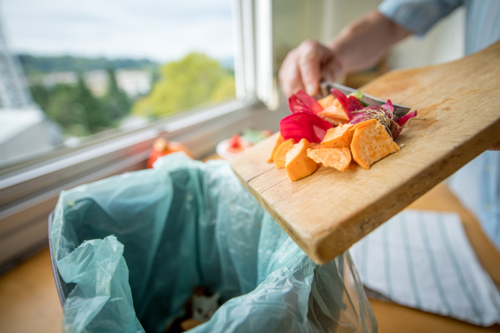
An alarming amount of food gets thrown away every day, leading to unnecessary pollution and landfill overcrowding. Make sure your food lasts as long as possible by planning ahead and only buying what you need. Re-use leftovers wherever possible and compost any edible scraps and food waste that isn’t suitable for re-use. - Shop Locally
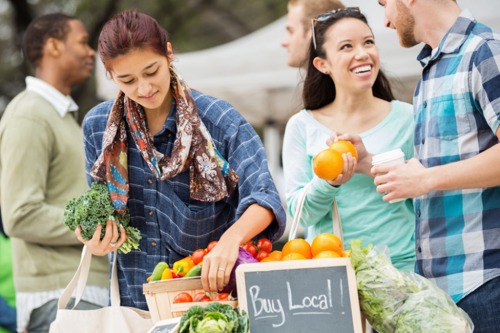
Shopping locally reduces carbon emissions associated with shipping products from far away places. Whenever possible, try to buy groceries from local businesses who can provide high quality ingredients grown nearby. You could also look into joining a CSA (community supported agriculture) scheme to get fresh fruit and vegetables straight from farmers in your area. - Choose Green Cleaning Products
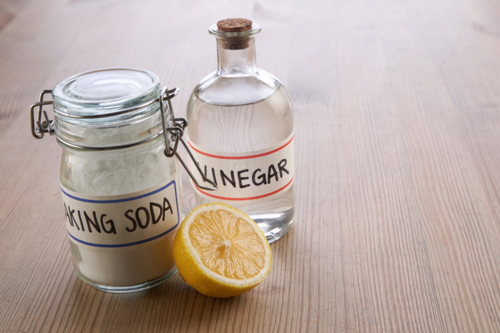
Conventional cleaning products are full of harsh chemicals that can contaminate soil and water when they enter river systems or the ground after being flushed down toilets or sinks. Opt instead for natural cleaning products that use plant-derived ingredients like vinegar and baking soda – not only are they better for the environment but they might even be better value than their chemical counterparts! - Invest In Reusable Products
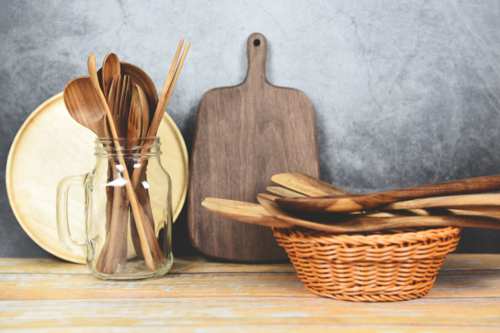
Disposable cups, plates, cutlery, straws…the list goes on - all of these single use items create an unimaginable amount of plastic waste each year (around 17 billion kilograms!) By investing in durable alternatives such as stainless steel containers and bamboo cutlery you not only reduce plastic waste in landfills but you also save money over time! - Use Energy Efficient Appliances

Installing energy efficient appliances (such as LED lightbulbs or energy star rated fridges) helps reduce electricity consumption which means less strain on power plants which emits pollutants into the air we breathe every day! Look out for ‘Energy Star’ certified appliances when you next shop around for new electrical items – it could save you hundreds of dollars a year in lower bills too! - Use Natural Air Purifiers
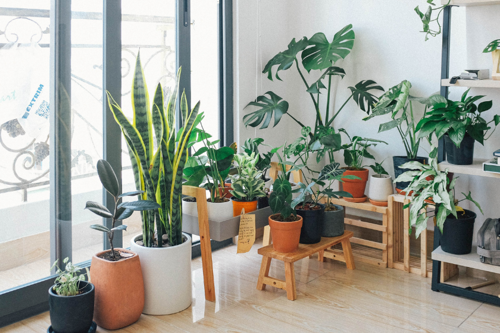
Indoor air contains five times more pollutants than outdoor air due to various gaseous emissions from furniture, paints etc – so purifying this air helps make sure your kitchen remains a healthy environment while reducing your household's carbon footprint at the same time! Houseplants have been proven to be extremely effective natural air purifiers – plus they add life and colour to any room! - Avoid Non-Biodegradable Packaging
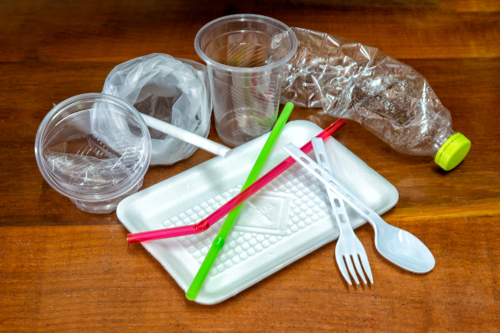
Whenever possible avoid purchasing packaging that won't break down easily - opting instead for recyclable paper bags or biodegradable packaging whenever you can helps ensure that fewer toxins enter rivers or soil through plastic waste accumulation over time. Additionally, trading bulky cardboard boxes for reusable cloth bags will help reduce paper waste too! - Buy Fair Trade Products
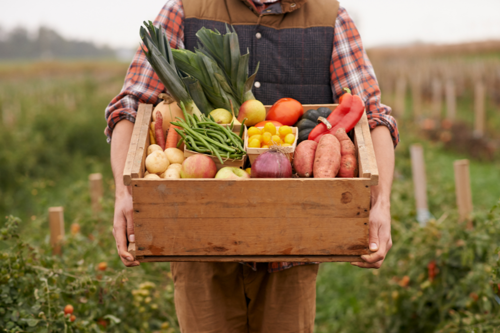
Buying fair trade products ensures farmers get a higher price for their produce so they don’t have to resort to unethical practices such as paying workers very low wages or using toxic pesticides/herbicides on crops; this increases sustainability while supporting communities in developing countries too - win-win!
Making simple changes in our homes is one of the most powerful tools we have when it comes to preserving our planet; becoming more eco-friendly in the kitchen is an excellent place to start since many of us spend so much time here everyday creating meals and drinks both nutritious & delicious - let's do our part by making sure none of it leaves a footprint behind !








